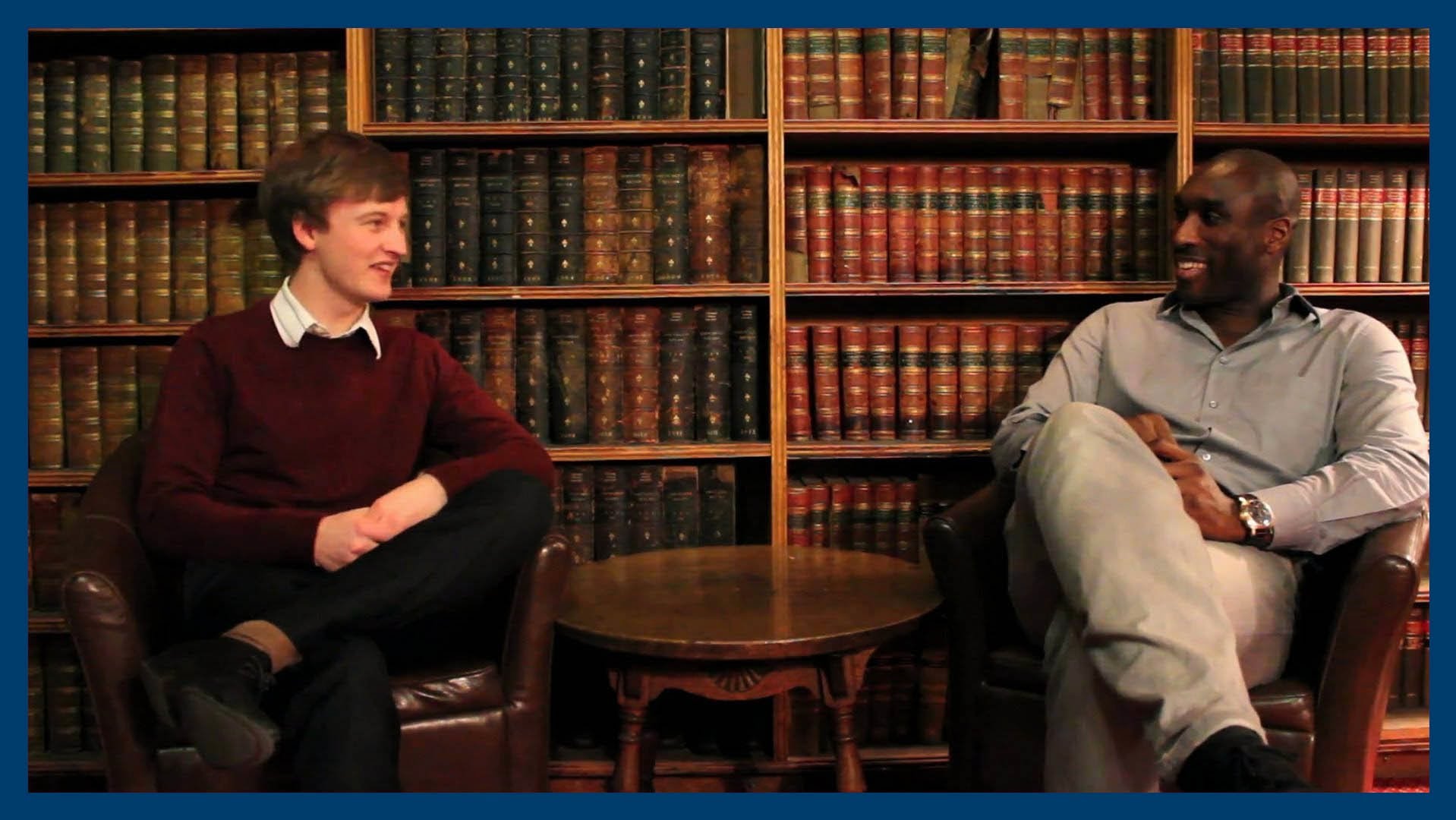Let’s face it; creative writing can be hard. You wouldn’t necessarily think so – after all, we are surrounded by stories, from films, books, songs, TV and games. But creating it is another matter. To make it easier, I’m going to give you my top tips for writing creatively:
You’re more creative than you think

Some of us think we simply don’t have the gift for telling stories. We like to listen to the stories others have created, but believe it’s not something we could ever be good at. Yet we tell stories constantly. Stories are a primary way in which humans relay important information. We construct mini-narratives every time someone asks us ‘how was your day?’ and over time, stories have evolved within our culture that give shape to the kind of people we are. (see Ian McKellen’s excellent Vimeo video on this topic.) Giving these stories written form is the challenge, but one tip is to act out or describe aloud the story you want to tell. Once you do that, you have the overarching story clear in your head, which will help you to put the words onto paper.
Plan, plan, plan
If you’ve ever listened to a little child tell you a story, chances are that you’ve noticed their story petering off in the middle, or getting wilder and wilder as they hastily improvise their narrative. This is adorable, but hardly a pattern for good storytelling. Children make it up on the spot because they don’t know any better; successful writers plan. You need to know where your story is going. This goes beyond beginning, middle, end; think setting the scene, creating a conflict, and bringing it to a successful resolution.
Believable characters = believable story
What do a Sith Lord, a boy wizard, and a hobbit have in common?
Well, Darth Vader, Harry Potter, and Bilbo Baggins are all extremely popular fictional characters, each have elaborately crafted backstories, so that the reader or viewer feels as though they know these characters, sometimes more so than their actual friends! To avoid wooden characterisation, describe your characters as you would a close friend or family member. Think about your character’s good points, their flaws, and what might have happened in their life to make them the person that they are. Remember, your reader needs to feel that the characters are real, or they won’t care about what happens to them.
Focus on the five senses
Taste, smell, sight, touch and hearing are how we experience the world. When describing your character in any situation, try to put yourself in their shoes. Think about how you would experience the situation you put them in. Are they in a desert? Talk about how dry their mouth feels, if they have a headache from the heat, how the sand slips away from under their feet. Are they walking through a market? Try describing the sound of the merchants hawking their wares, the smell of spices in the air, the feel of being jostled in a crowd. You’ll find this makes your writing come alive.
Writing is a lot like working out
Writing is a muscle. It won’t grow stronger unless you use it. The first novel I drafted at the age of 12 contains such bad writing that I cringe upon re-reading it, yet now I have two (almost!) publisher-ready novels that took me 9-10 years to finalise. Novelist Pat Rothfuss, author of the Kingkiller Chronicle, responded to a fan who asked him how long his first novel took to write, with: “Fifteen years.” Writing takes time and patience, yet, like building up bodily strength, is always worth it, for you gain a great sense of accomplishment from sticking with it.
You might start off in the gym feeling weak, unable to do so much as one press-up, let alone bench-press any amount of weight or last for long on the cross-trainer. But little by little, your skill will increase, and you’ll build up a physique to be proud of. So it is with writing. It takes practice, habit, and self-reflection, but you will soon see yourself improve!
To find out more about Ampla Education’s enrichment classes, contact us at info@ampla-edu.com
______________________________________________________________
________________________________________________________________________
Sarah Rowlands studied English Literature at Cardiff University, and upon graduating in 2013 worked in China as an English language teacher. Since then she has worked with children and teenagers in partnership with churches and charities in North London, and currently works for Presentify Ltd, a Cardiff- based consultancy firm offering presentation storytelling to its international clientele. She enjoys writing novels and short stories, working out, and escaping to Wales’ beautiful countryside on the weekends.
______________________________________________________________
________________________________________________________________________
© Ampla Education – Unauthorised use of this material without permission is strictly prohibited. Excerpts and links may be used, provided that full credit is given to Ampla Education.



















